Although Russia denied US media reports that Donald Trump called Russian President Vladimir Putin to discuss potential solutions, Trump's energy policy could be an economic card that worries Russia.
According to the Washington Post , US President-elect Donald Trump spoke by phone with Russian President Vladimir Putin to discuss the Ukraine conflict and potential solutions. Mr. Trump is said to have urged Mr. Putin not to escalate the conflict, reminding him of the significant presence of US troops in Europe.
Washington has not confirmed the phone call between the two leaders. Moscow has recently denied the information.
However, the call between Mr Trump and Mr Putin is likely to still take place.
Previously, in his victory speech on November 6, Mr. Trump declared that he would stop the wars and end the conflict between Russia and Ukraine "within 24 hours", even before he officially took office as president (January 20, 2025).
So, what basis does the 47th US president have to end the conflict in Ukraine?
Cut funding to Ukraine?
During the election campaign, Mr. Trump repeatedly criticized the scale of US military and financial support for Kiev.
According to an analysis by Jennifer Hansler on CNN on November 6, Mr. Trump's victory could mean that the US will withdraw support for Ukraine in the conflict with Russia, thereby possibly pressuring Ukraine to sign a ceasefire agreement with Russia.
Under Biden, the US has provided tens of billions of dollars in aid in the form of weapons and funds to Ukraine.
According to the WSJ , many EU representatives support peace talks, urging Mr. Trump to negotiate a ceasefire in Ukraine.
In late September, Donald Trump suggested that Ukraine should “give a little bit” to Moscow and that “any deal would be better than what we have now.”
Economic card makes Russia worried?
In fact, it is very difficult to resolve the Russia-Ukraine conflict while ensuring the conditions set by both sides.
However, according to expert Shelby Magid shared on Bloomberg , Mr. Trump's victory has changed Ukraine's attitude towards negotiations, Kiev is "moving towards accepting that negotiations are a reality".
For Russia, Mr. Trump's election could also be a turning point.
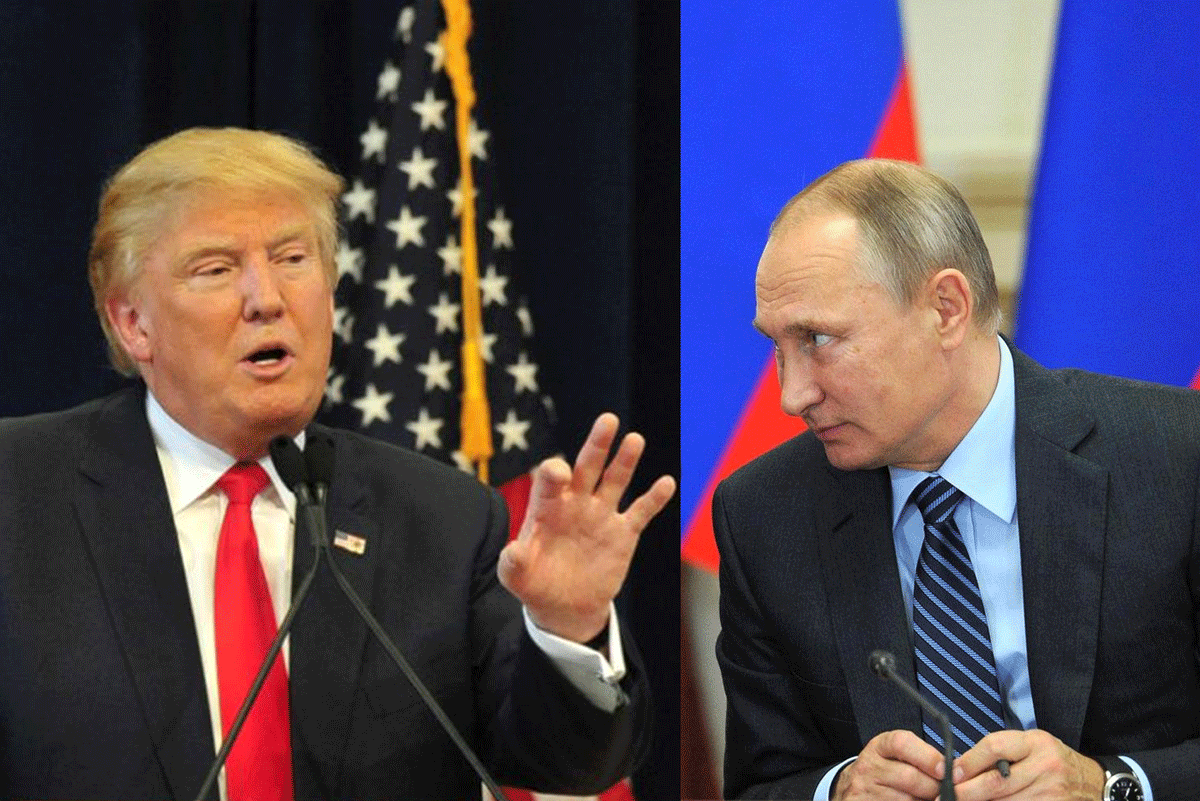
Immediately after Mr. Trump was elected, on November 8, on Tass news agency, senior Russian political expert Alexander Dynkin, President of the Primakov Institute for World Economy and International Relations, commented that the conditions raised by Russian President Vladimir Putin at the Valdai Forum on November 7 opened up an opportunity to end the conflict in Ukraine.
However, Trump’s election as US president could also pose economic risks to Russia, including the possibility of falling oil prices, which would directly impact Moscow’s budget and economic strength.
One of Mr. Trump's often mentioned policy commitments is the goal of cutting energy costs in half within a year of taking office by accelerating oil and gas exploitation, reducing policy barriers to the construction of power plants... to reduce inflation.
Many investors see Mr. Trump's commitment as leading to oil prices being cut in half, to $40/barrel.
In fact, there are also many forecasts of a sharp decline in oil prices. On November 7, Citi Bank experts predicted that oil prices would fall to $60 per barrel “under Donald Trump.” Oil prices will fall sharply next year due to the possibility of higher import taxes, increased oil supply, and the impact of the new US administration on OPEC+.
According to the NYT, Mr. Trump's transition team has prepared executive orders and announced the withdrawal from the Paris climate agreement. During his previous term, Mr. Trump canceled many environmental commitments.
In the trading session on November 11, WTI oil price dropped sharply by nearly 2.3% to 68.77 USD/barrel. Brent oil price also plunged more than 2% to 72.4 USD/barrel.
If oil prices fall to $40 a barrel, the Russian economy could face many difficulties as in the past.
Over the past two decades, Russia has struggled during times of sharp decline in oil prices.
In July 2008, oil prices reached a historic peak of nearly $150 per barrel, but fell by more than 70% by the end of the year, falling below $40 per barrel. Oil prices fell even further in late 2015 and early 2016, falling below $27 per barrel. Many statements from Russia itself at that time acknowledged financial difficulties caused by the oil war.
One notable point is that at the end of 2018, when oil prices plummeted to $45 a barrel, Saudi Arabia and Russia reached a separate agreement to increase oil production. Oil prices fell, but Russia needed to sell more oil. Russia needed to earn more money to make up for its foreign exchange reserves, which had fallen in 2012-2015 when it had to spend money to fight the crisis caused by falling oil prices, a devaluation of the ruble, and sanctions from the US.
In early 2020, Russia also faced many difficulties when oil prices fell even deeper.
Currently, Russia also faces many risks when spending on military is large, foreign exchange reserves are decreasing, oil prices tend to go down and will likely continue to decrease when China's economy has not recovered, the signal is still very bad. Meanwhile, the world economy when Mr. Trump is the US president may be difficult when the White House owner increases import taxes, protecting the domestic economy. Mr. Trump will also promote oil and gas exploitation.
In such a scenario, and if oil prices fall further, maintaining the health of the country’s finances may be an option that Mr Putin may have to consider. A prolonged conflict would first drain Ukraine as aid dwindles, but Russia would also risk sliding into a financial crisis.
On November 7, according to RT news agency, Russian President Vladimir Putin said at a meeting of the Valdai International Discussion Club in the Russian city of Sochi that he wanted to “congratulate Mr. Trump on his election as US President.” Mr. Putin said that Mr. Trump had expressed his desire to end the conflict in Ukraine, and such statements “at least deserve attention.”

Source: https://vietnamnet.vn/dien-dam-la-hu-cau-quan-bai-kinh-te-nao-cua-ong-trump-khien-nuoc-nga-lo-ngai-2341036.html








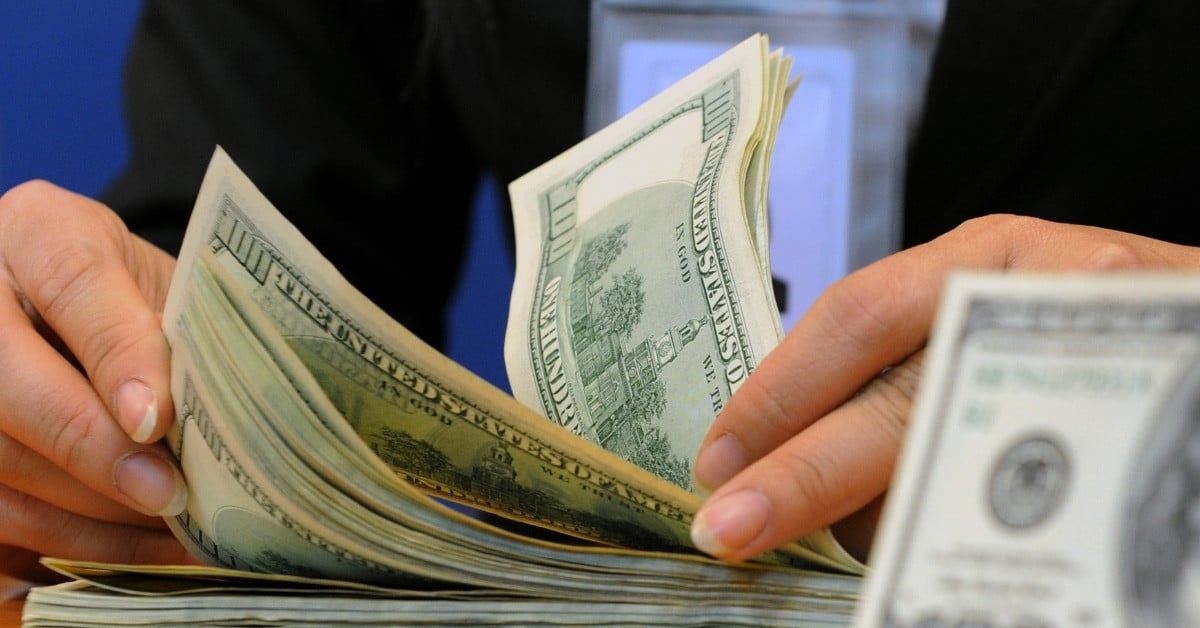
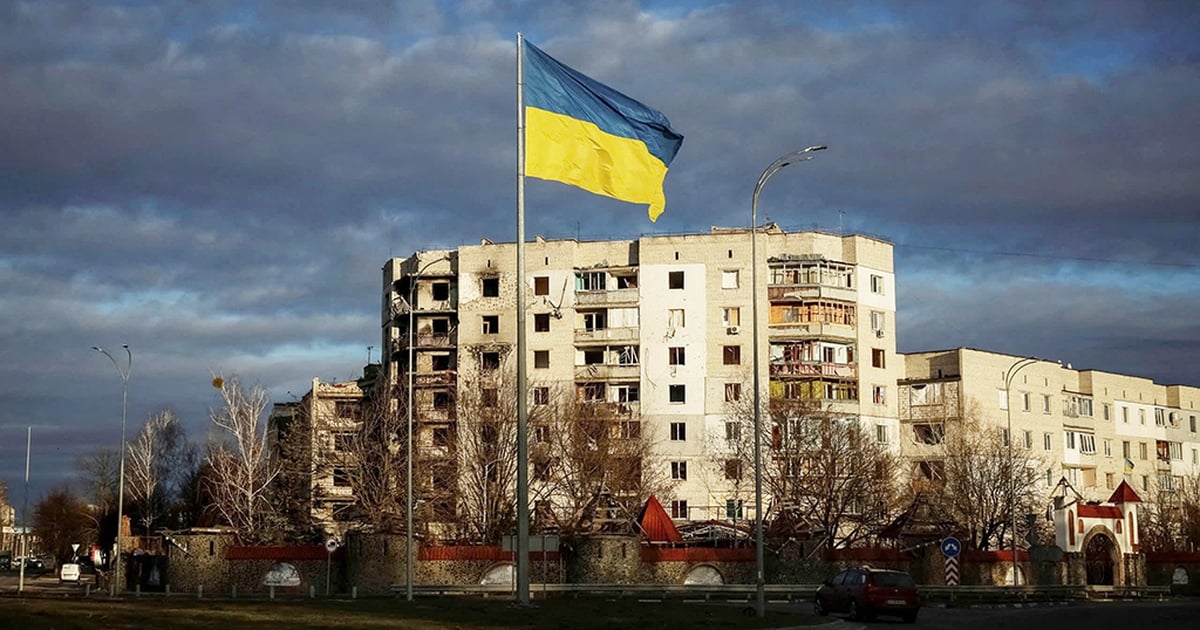

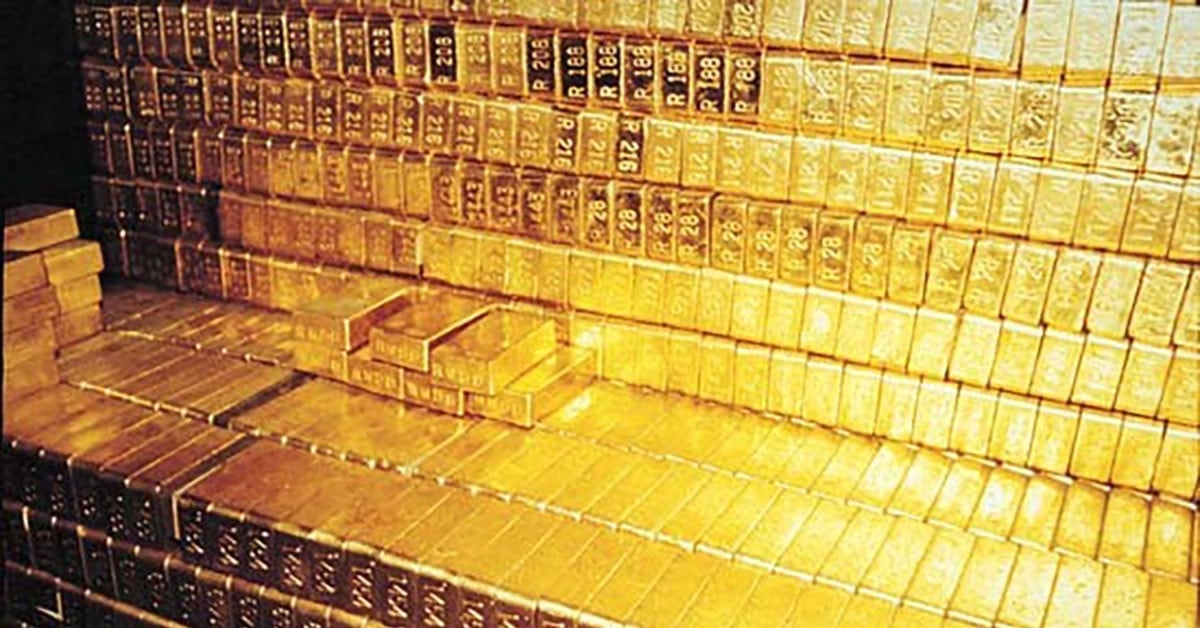
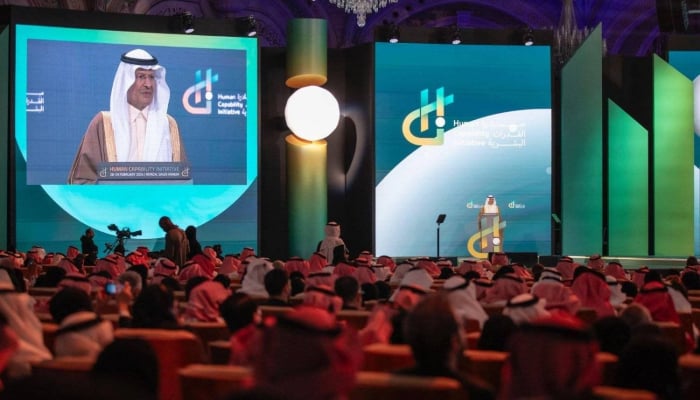


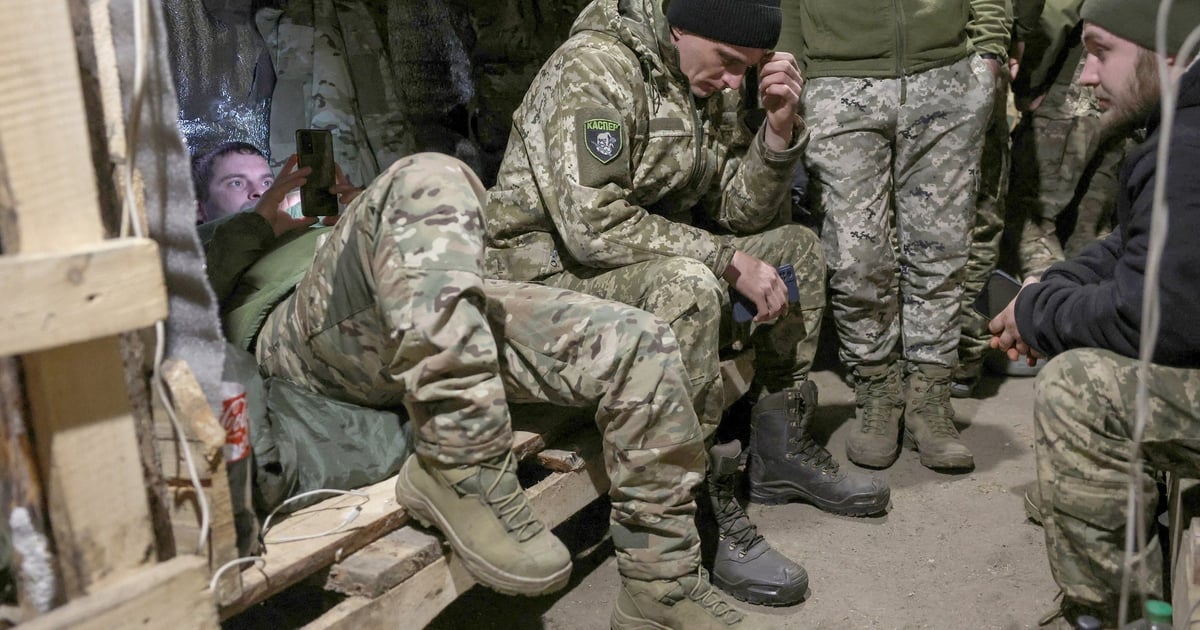
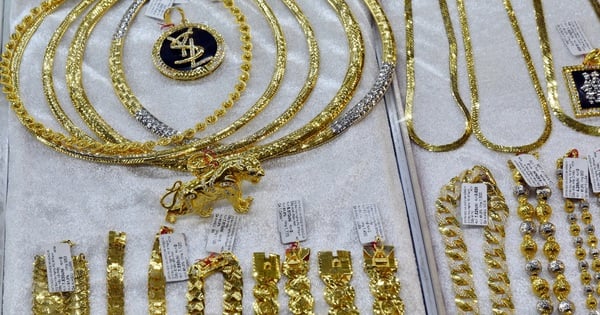

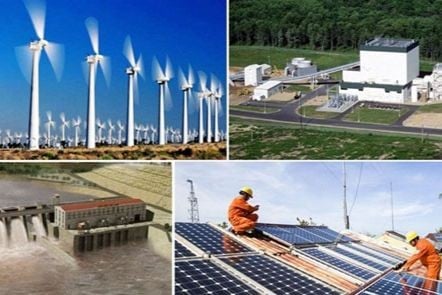





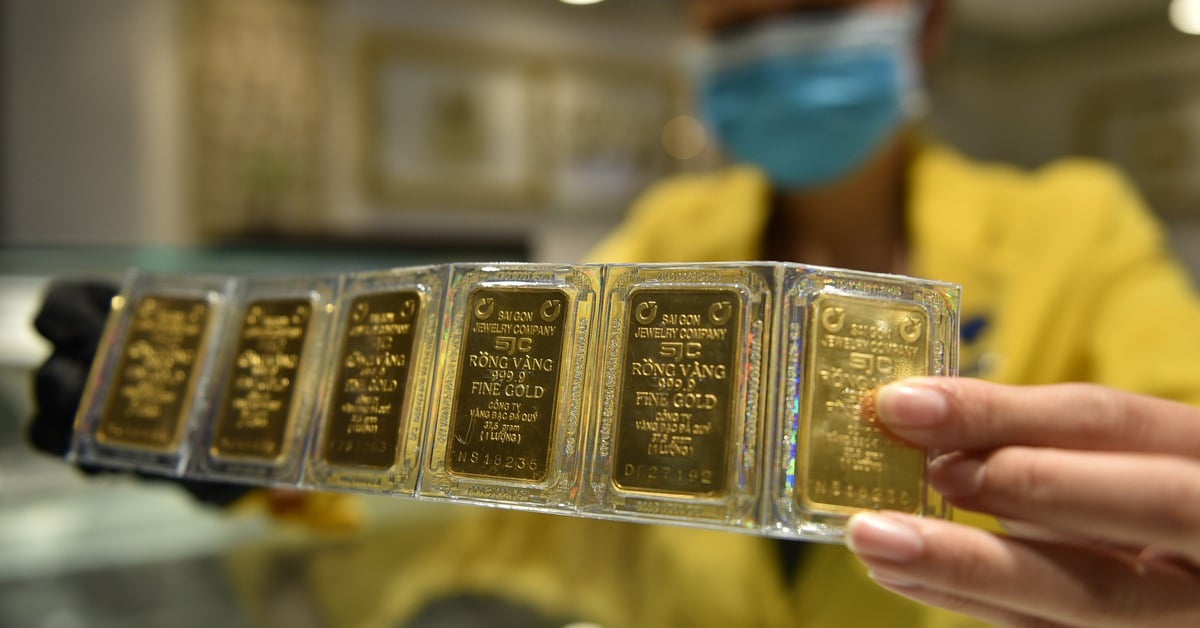


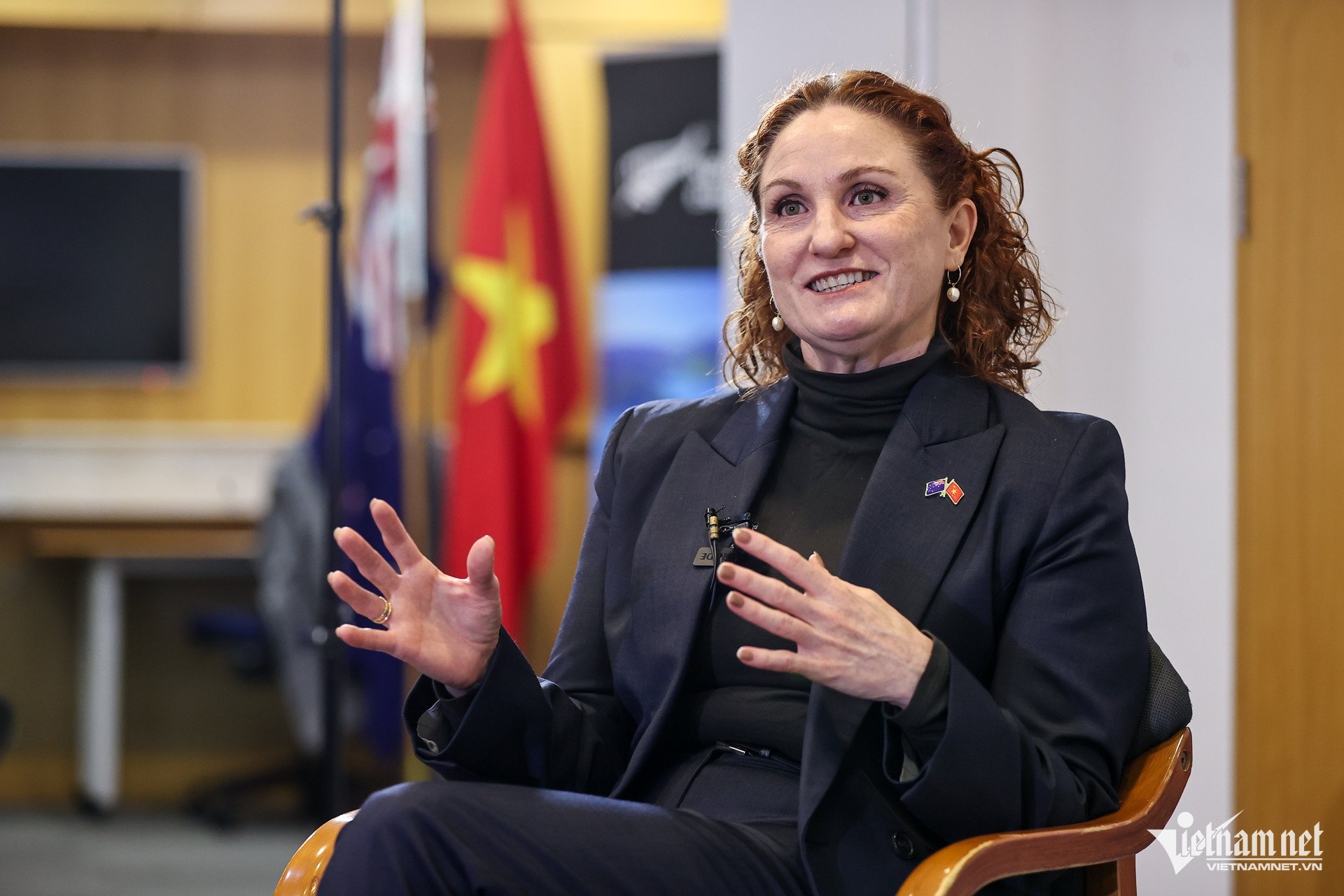










![[Photo] Prime Minister Pham Minh Chinh chairs Government Conference with localities on economic growth](https://vstatic.vietnam.vn/vietnam/resource/IMAGE/2025/2/21/f34583484f2643a2a2b72168a0d64baa)







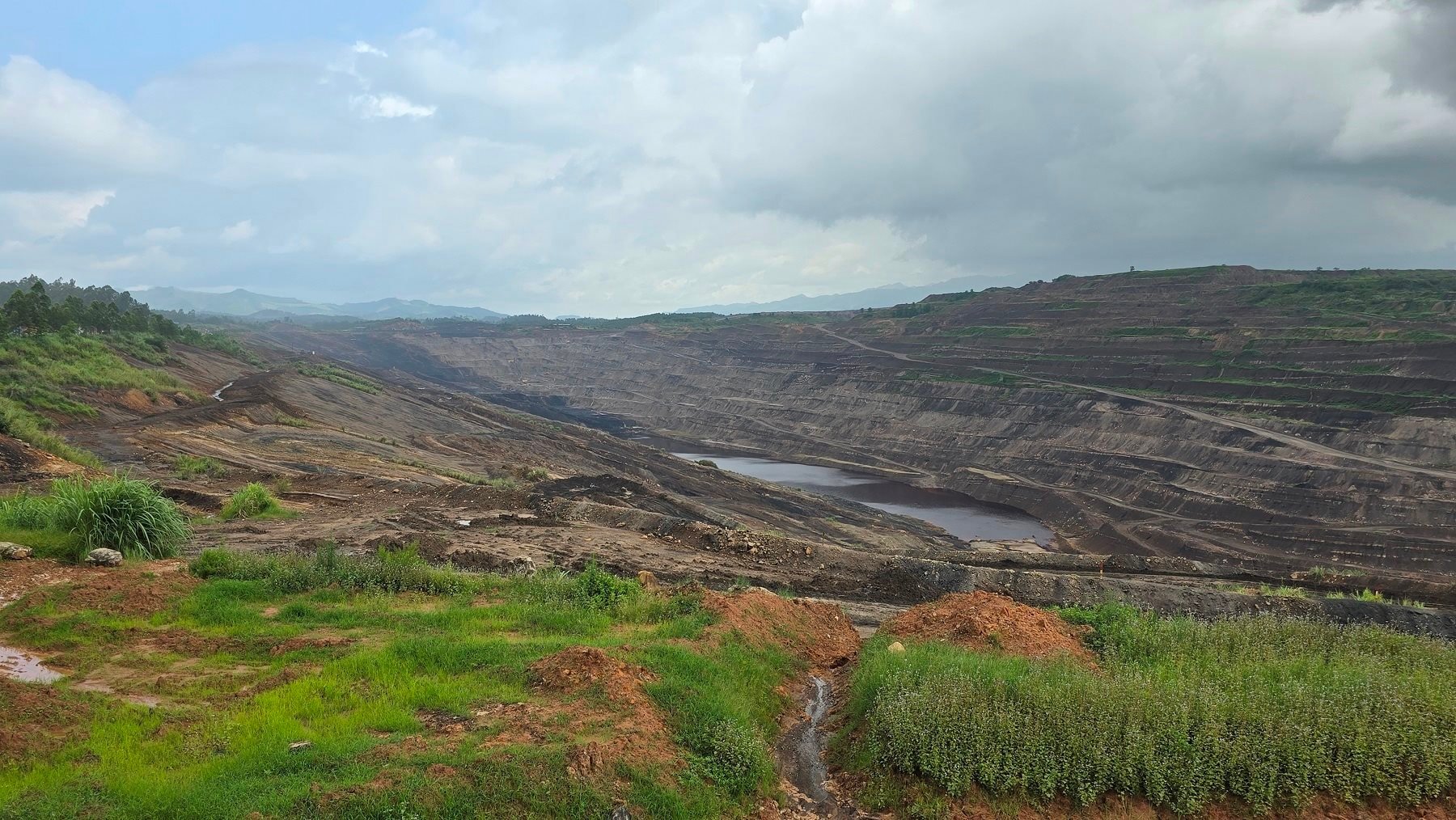



















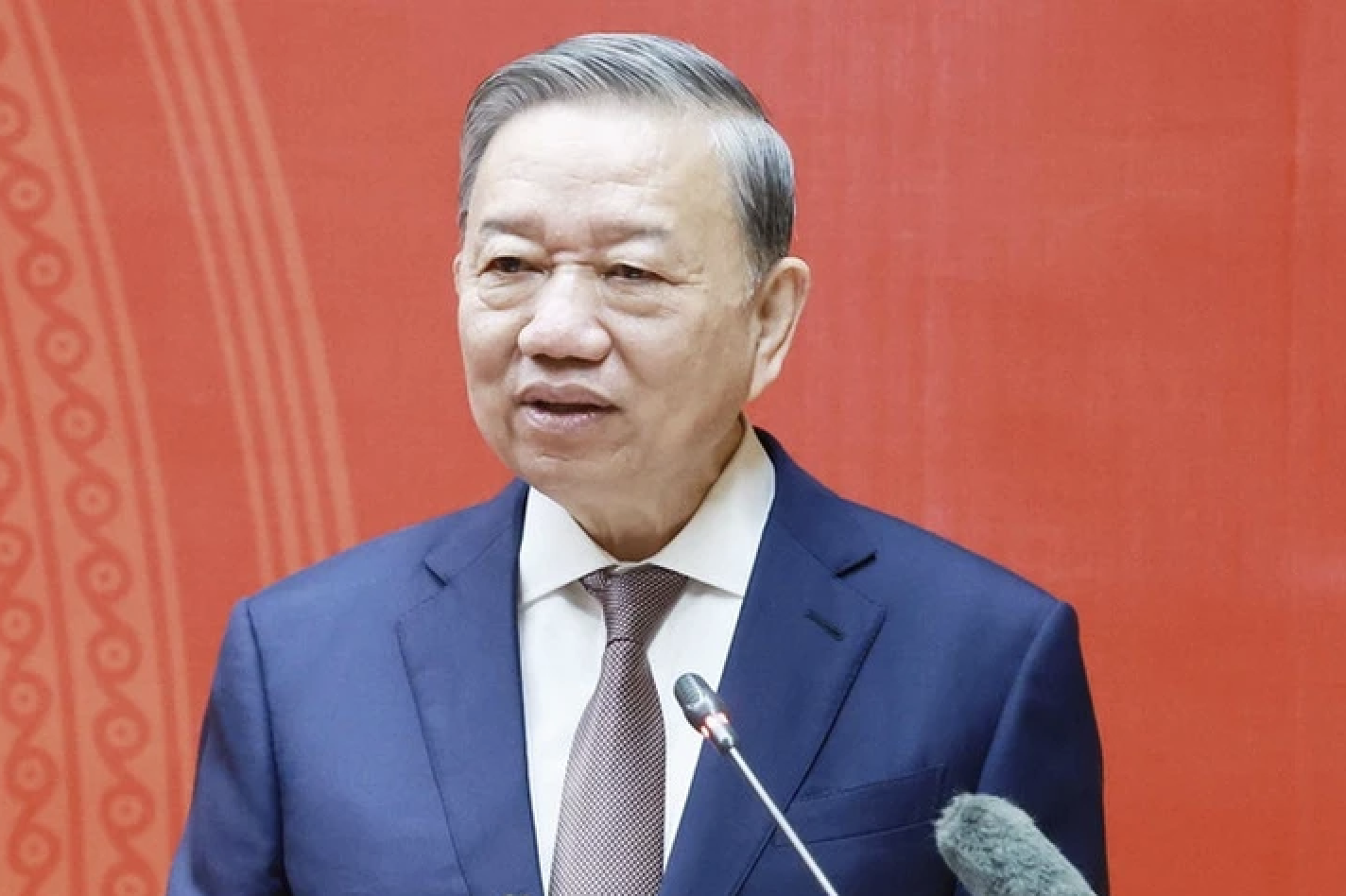
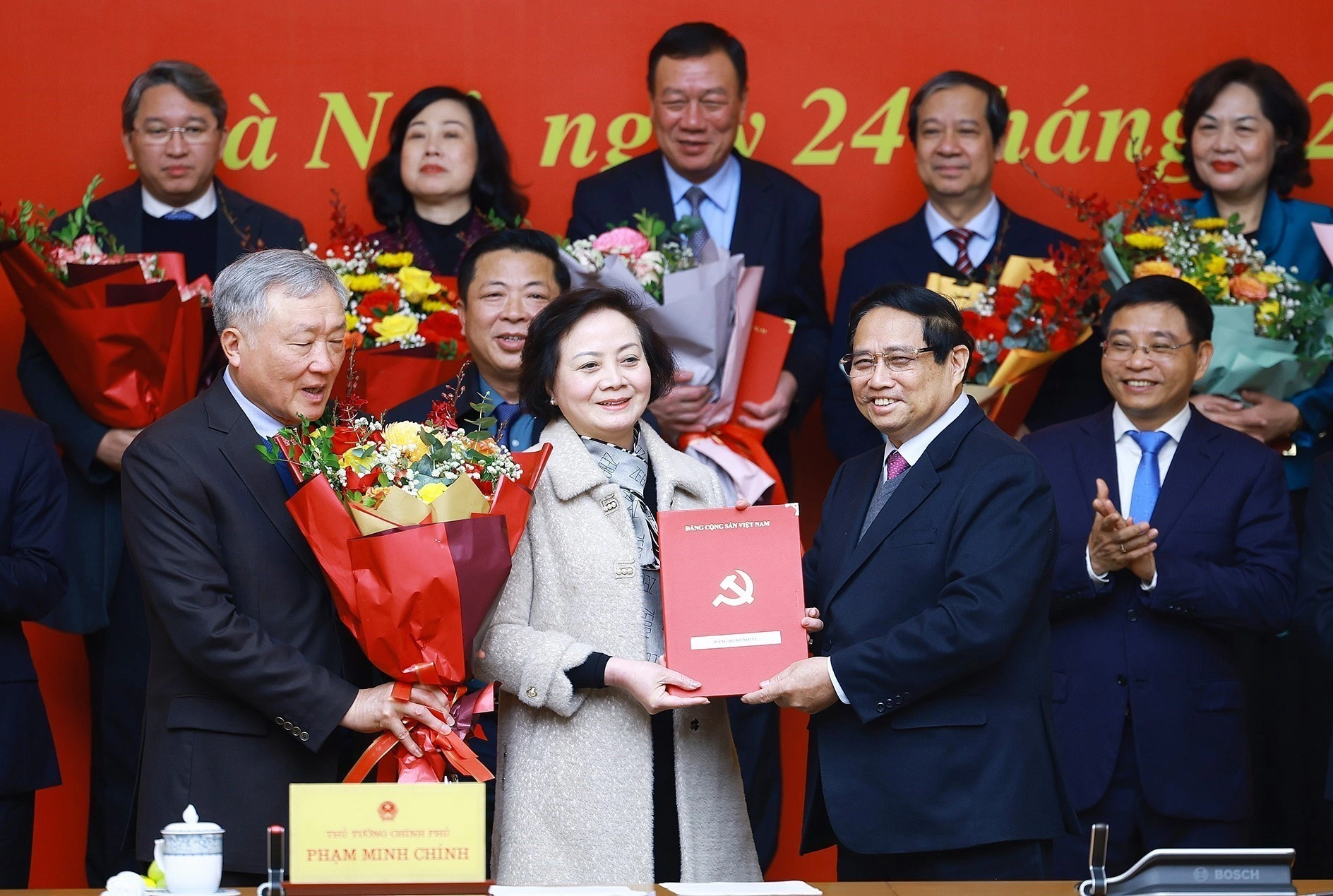
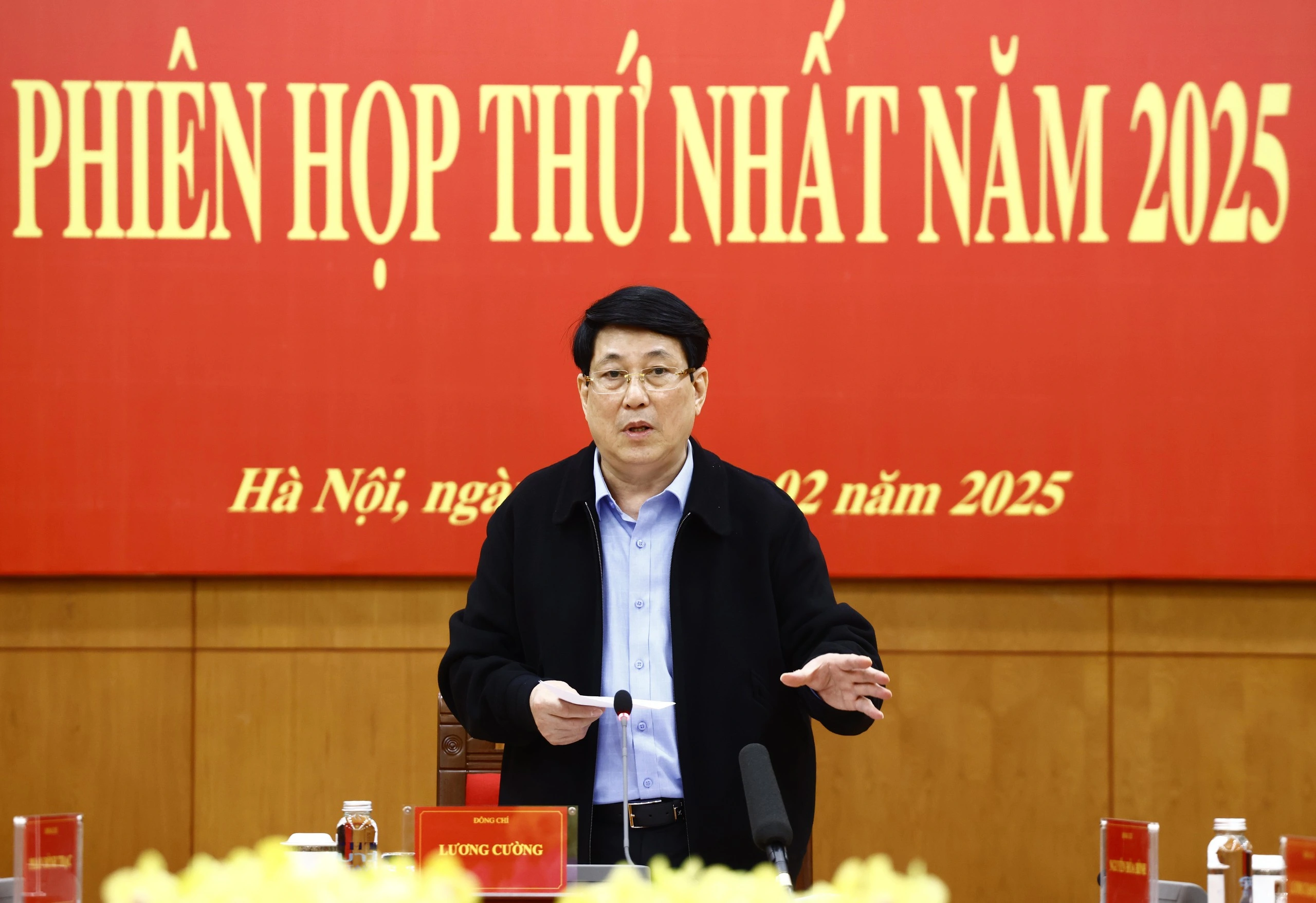





















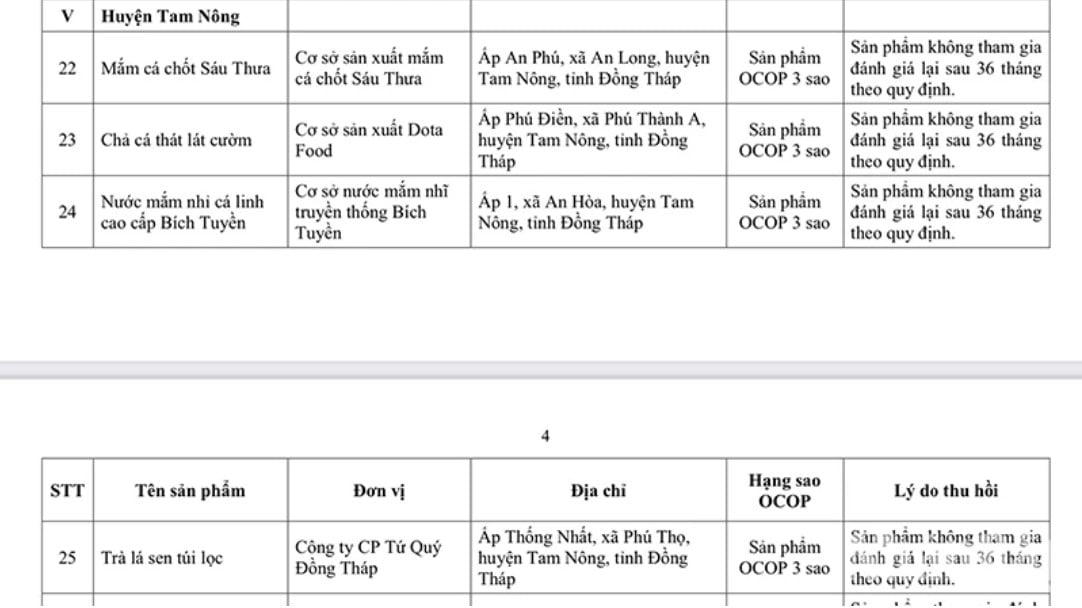

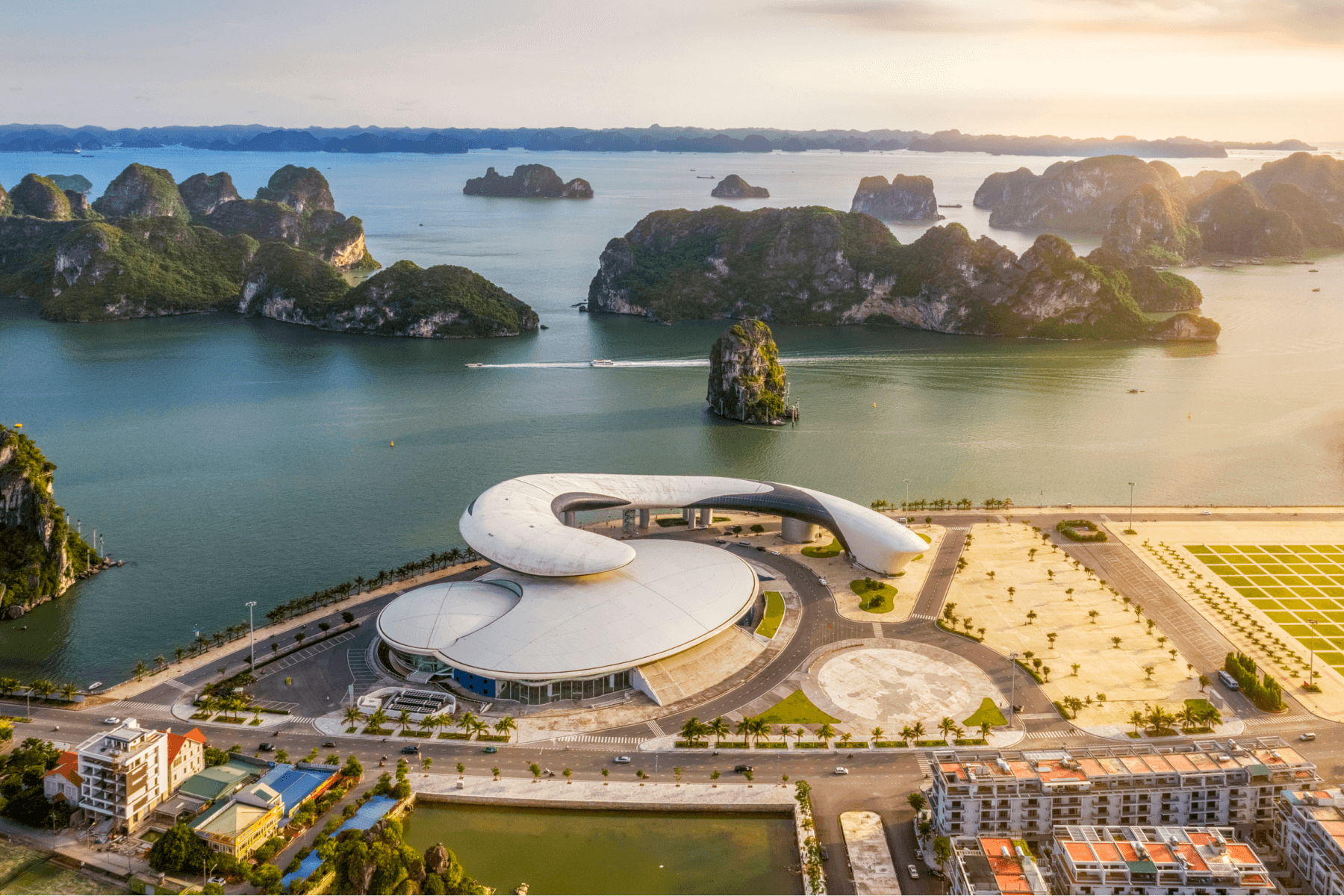


Comment (0)